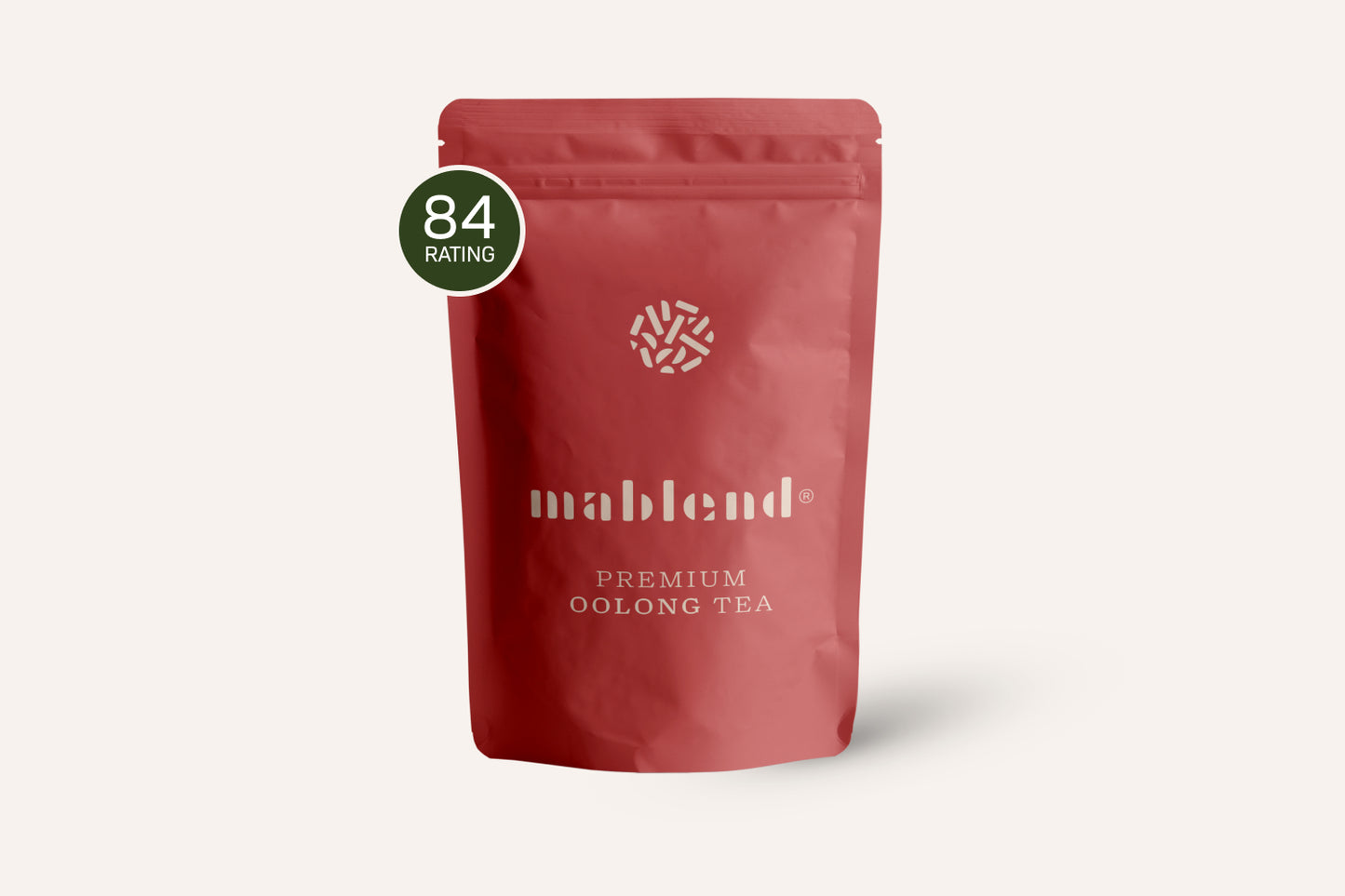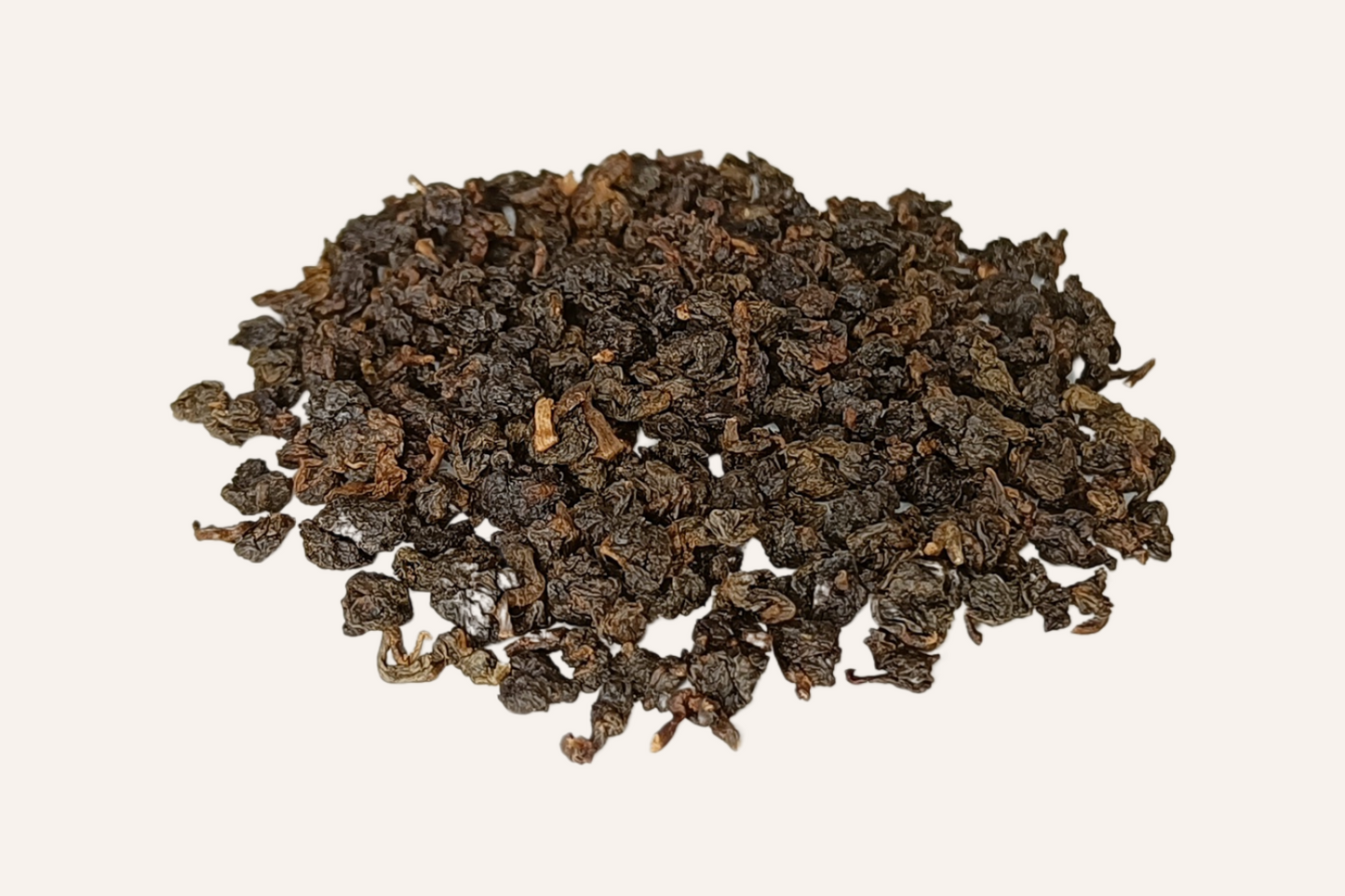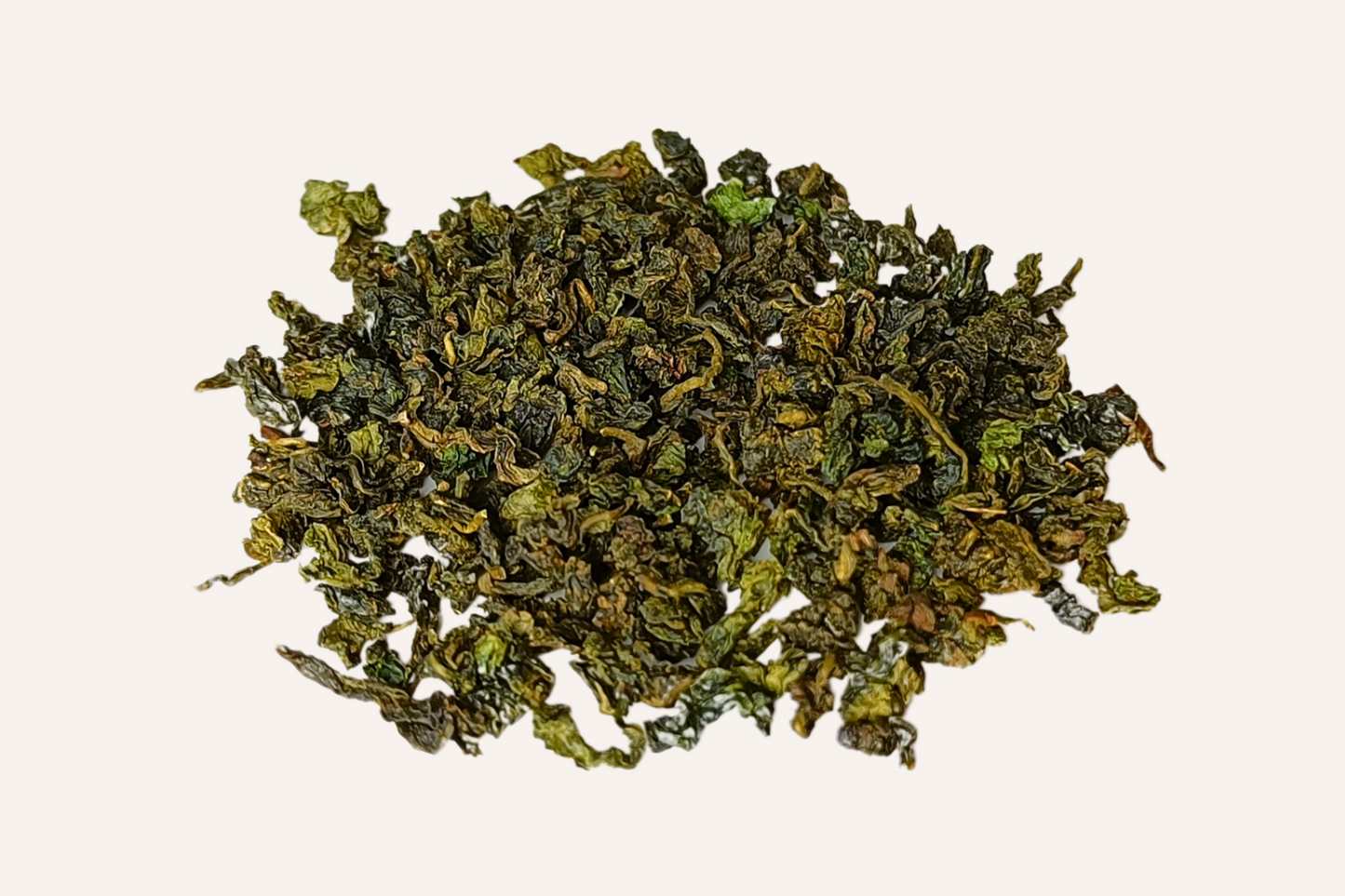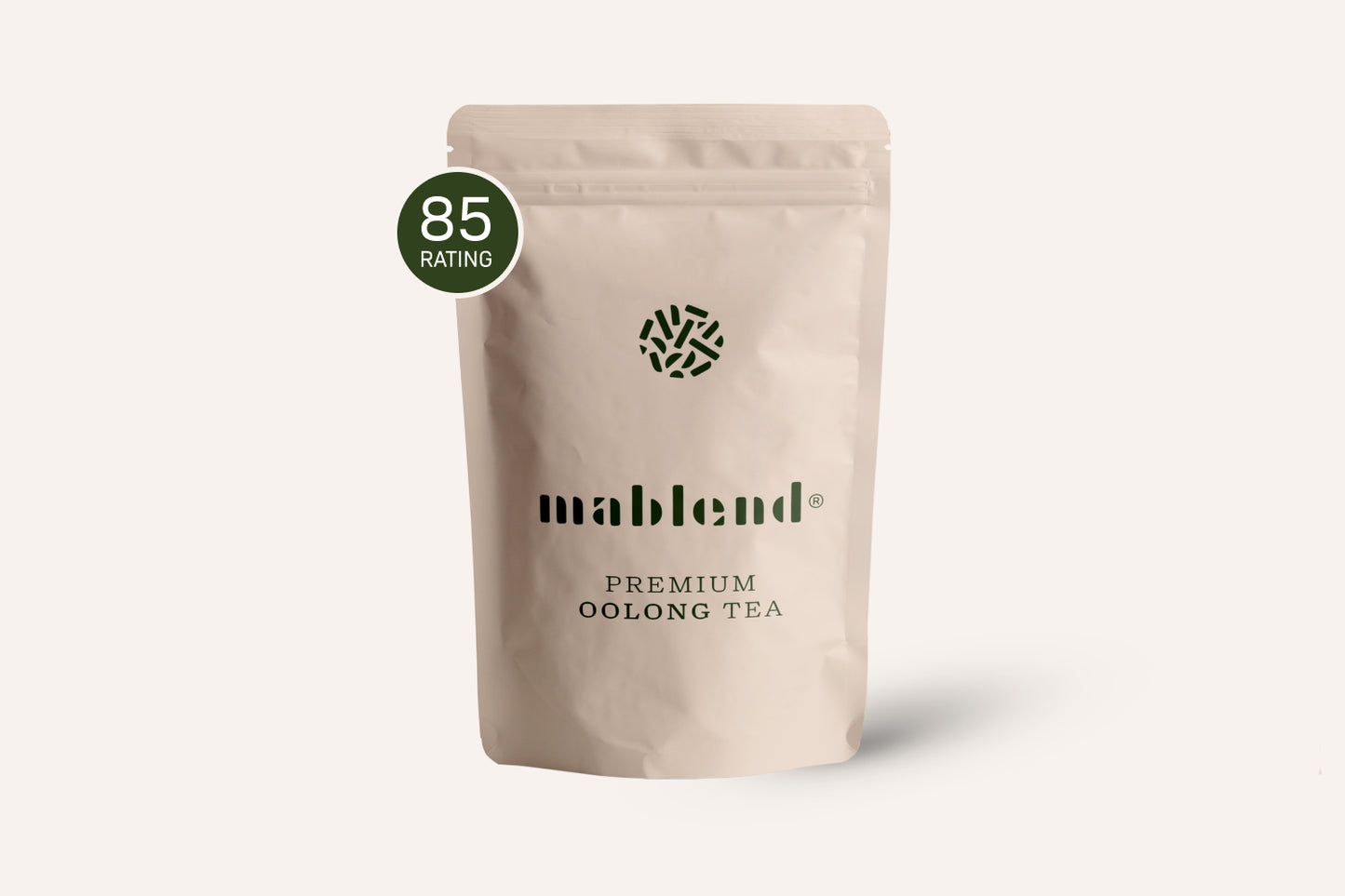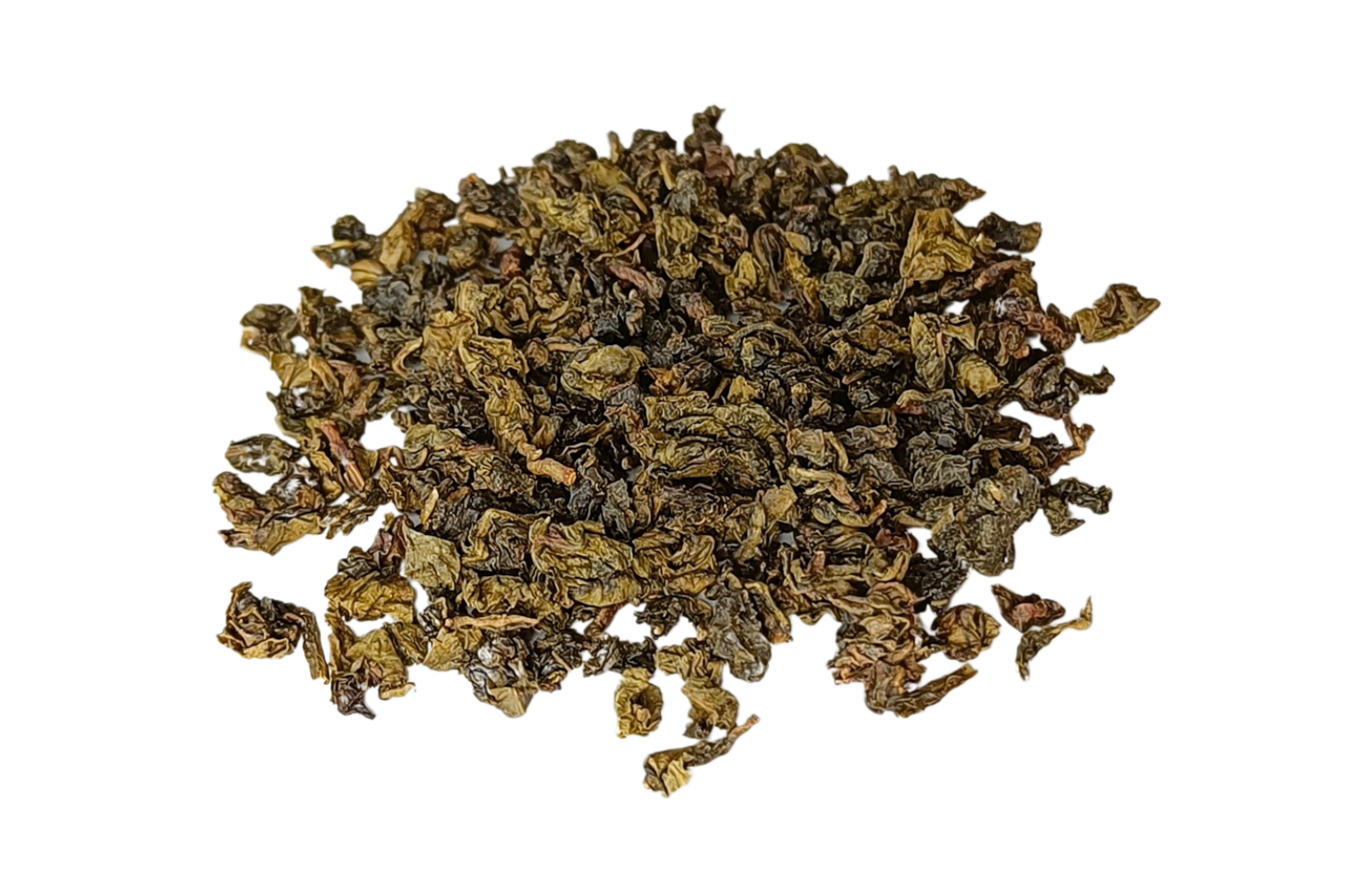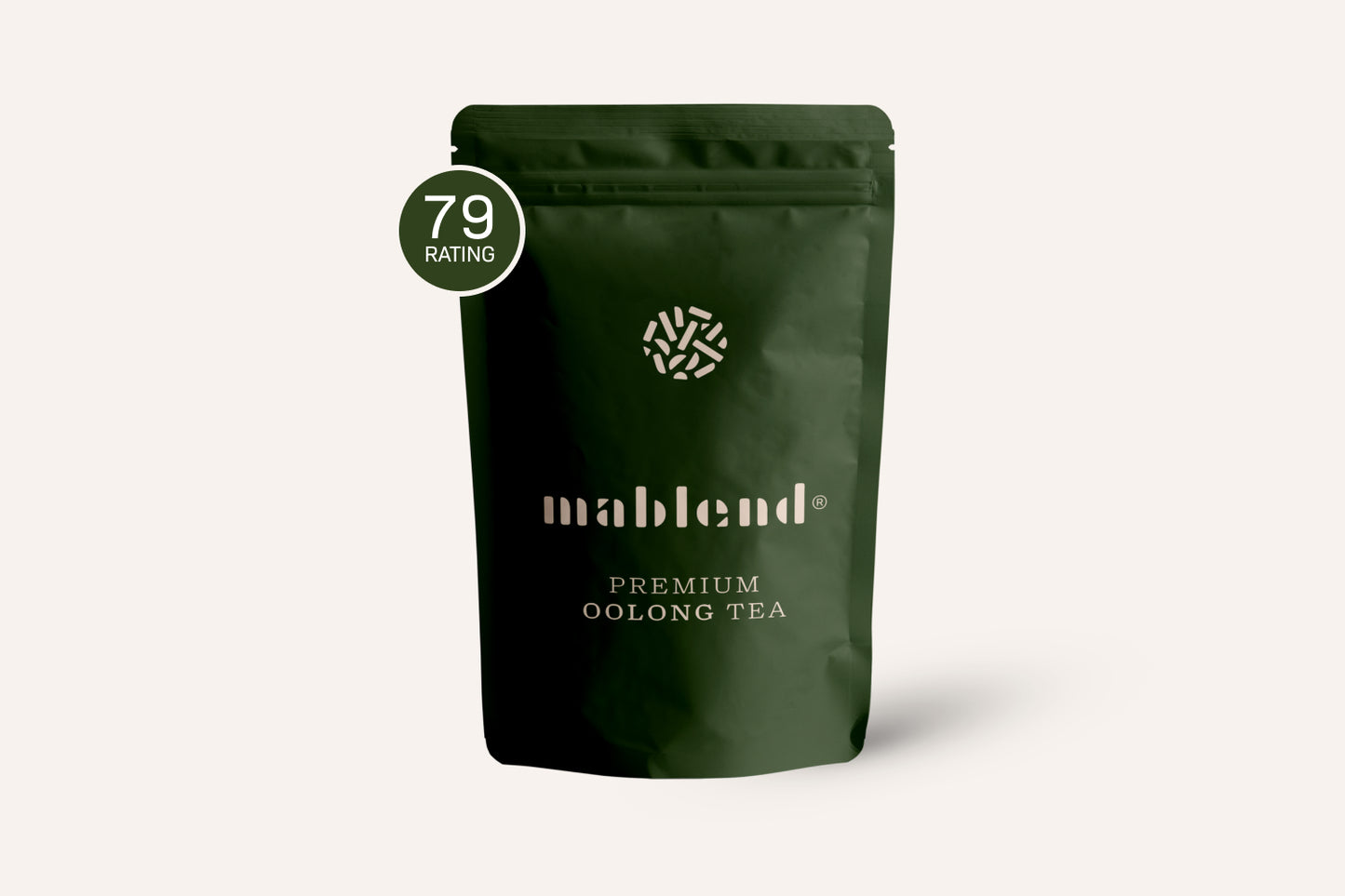An ancient beverage, tea has long been known for its numerous health benefits. From calming the mind to promoting good digestion, the benefits of tea are both diverse and impressive. However, as with many popular health topics, there are varying opinions on tea.

On the one hand, there are those who believe that tea can solve almost any problem, while others are very skeptical. In this article, we focus exclusively on proven scientific papers that demonstrate the health benefits of tea. We delve deeper into the science behind these benefits and explore how tea reacts in our bodies, specifically with regards to the intestinal barrier and brain health.

Tea and the Intestinal Barrier
What is the intestinal barrier and why is it important?
The intestinal barrier is a complex system that separates the lining of the intestines from the rest of the body. It acts as a selective filter, allowing essential nutrients to pass into the bloodstream while keeping out harmful substances such as bacteria and toxins.
 A well-functioning intestinal barrier is crucial for our health, as it helps maintain a balanced intestinal flora and prevent inflammation and infections.
A well-functioning intestinal barrier is crucial for our health, as it helps maintain a balanced intestinal flora and prevent inflammation and infections.
Tea components such as catechins (EGCG), L-theanine and caffeine can easily pass through this barrier. Polyphenols have a more difficult time and can only be absorbed into the bloodstream for 20%.
How tea helps with nutrient absorption
Tea contains a range of bioactive compounds that can promote intestinal barrier health. These substances can improve the absorption of certain nutrients in the intestines, while reducing the absorption of harmful substances.
For example, the antioxidants in tea can help neutralize free radicals in the gut, which can damage the intestinal barrier. In addition, certain compounds in tea can reduce the adhesion of harmful bacteria to the intestinal wall, which helps maintain healthy intestinal flora.
The role of catechins and other tea molecules

Catechins are powerful antioxidants mainly found in green tea. They play a crucial role in strengthening the intestinal barrier and promoting healthy intestinal flora.
In addition to their antioxidant properties, catechins also have anti-inflammatory and antimicrobial effects, meaning they can help fight inflammation and infections in the gut.
Other molecules in tea, such as theaflavins and tannins, also have beneficial effects on the intestinal barrier and can contribute to better nutrient absorption and healthier intestinal flora.
Tea and Brain Health
The ability of tea to cross the blood-brain barrier
The blood-brain barrier is a protective barrier that prevents many substances in the blood from reaching the brain. However, certain compounds in tea, such as catechins, have the ability to cross this barrier. This means that they can have a direct effect on brain function. The ability of these molecules to cross the blood-brain barrier makes them particularly interesting for research into neurological health and disease prevention.
Promotion of neurogenesis by tea
Neurogenesis is the process by which new neurons or nerve cells are formed in the brain. There is growing evidence that tea, especially green tea, can promote this process.
The catechins in tea have been shown to stimulate the production of neural stem cells and contribute to the formation of new neurons, which can help maintain cognitive function and reduce the risk of neurodegenerative diseases such as Alzheimer's.

Anti-stress effects of tea and their impact on mood
Tea has a long history of use as a sedative. Modern studies have shown ( source ) that tea can help reduce stress and anxiety. L-theanine , an amino acid found primarily in tea, has a direct calming effect on the brain and can help improve mood and reduce stress responses.
Research by Dr. Unno and the effects of tea on stress levels
Dr. Keiko Unno has done extensive research on the effects of tea on brain health. Her studies have shown that regular consumption of green tea can help reduce stress levels and improve concentration and alertness.
Additionally, her research has shown that tea can help protect the brain from damage caused by oxidative stress, which may help prevent neurodegenerative diseases (Alzheimer's, Parkinson's and Huntington's).
Tea and Digestive Health

How tea affects digestion
Tea has been a popular drink for centuries for its taste and health benefits. One of the benefits of tea is its positive effect on digestion. Tea contains tannins, which help reduce intestinal inflammation and stomach inflammation. Additionally, warm tea can help relax smooth muscles in the stomach, which can help reduce symptoms such as bloating and indigestion.
Digestive enzyme inhibition by tea
One of the remarkable properties of tea is its ability to inhibit the action of certain digestive enzymes. This is especially the case with polyphenols in tea, which can inhibit the activity of enzymes such as lipase (fat processing) and amylase (carbohydrate processing). By inhibiting these enzymes, tea can reduce the breakdown and absorption of fats and carbohydrates from food. This can be especially beneficial for people trying to manage their weight or regulate their blood sugar levels ( source ).
The importance of the microbiome and how tea can influence it
The human microbiome, the community of microorganisms that live in our gut, plays a crucial role in our overall health. These microbes aid in digestion, protect against harmful bacteria and produce vital vitamins and neurotransmitters.

Tea, especially green tea, has been shown to positively influence the composition of the gut microbiome. The polyphenols in tea can promote the growth of beneficial bacteria and suppress harmful bacteria. This can lead to improved digestive health, a stronger immune system and even a better mood ( source ).
Conclusion
The versatile health benefits of tea
Tea is not just a refreshing drink; it is a powerful ally for our health. The benefits range from improving brain function and mood to supporting digestion and boosting the immune system. The polyphenols and other bioactive compounds in tea are key to these benefits.
The importance of consuming a variety of teas for maximum benefits
Just as a varied diet is essential for optimal health, diversifying the types of tea we drink is also crucial.
Different teas have unique profiles of antioxidants and other compounds, meaning drinking a blend can help us reap a wider range of health benefits.
Whether you like green, black, white, oolong or pu-erh tea, each variety offers something special to the table.
Teas to Avoid
Detox Teas from Trend Diets:
- Often promoted with promises of rapid weight loss.
- Often contain laxatives that can be harmful to your health.
Tea Lattes and Drinks from Popular Chain Stores
- Although some drinks, such as a green tea latte, may seem healthy, they contain a lot of sugar.
Trendy Bubble Teas:
- Contain a lot of sugar.
- Have little to no nutritional value.
Tea with sugar
- It speaks for itself. If you add sugar to your tea you quickly make it unhealthy.
Tea in bags:
- The bag contains microplastics.
- Tea bags are enriched with sugar ( source )

